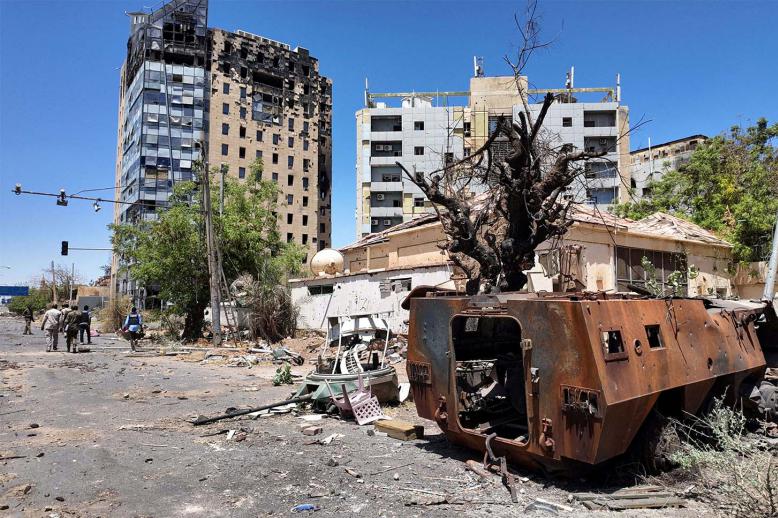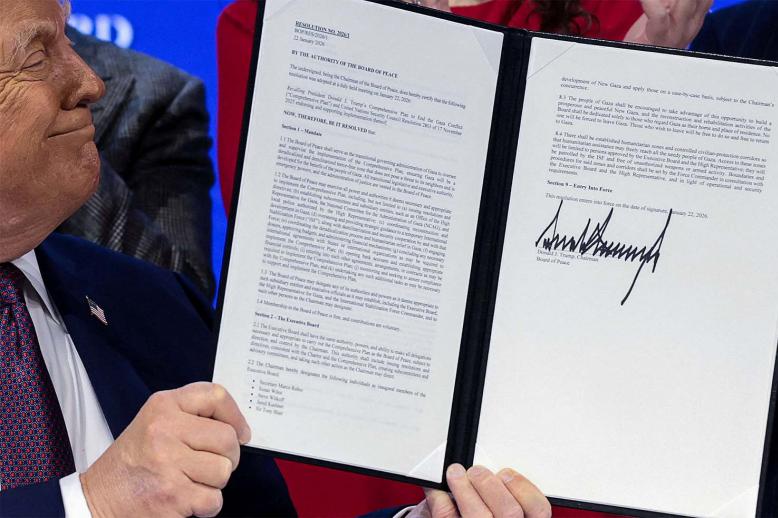Lockdown gives Turks a taste of life in Kurdish regions
Turkey’s recent measures to curb the spread of the coronavirus pandemic present a major logistical quandary for those subjected to them.
Under the new rules, people aged 65 and older and youths under 20 will have to abide by nightly 12-hour curfews. Access in and out of 31 major cities, including Istanbul and Ankara, will be halted for a minimum of two weeks.
But the measures also bring into sharp focus a critical question about power and control. Because the Justice and Development Party (AKP) government has an unparalleled record for locking up hundreds of thousands of alleged opponents, measures such as curfews sit very uncomfortably for swathes of the Turkish population.
Ankara has placed millions of Turks under the equivalent of a night-time house arrest. But the fact that the curfew singles out young and elderly people shows the government has no qualms about stigmatising sections of society that it views as potentially troublesome to the wider population and, by extension, a threat to its own control. This partial curfew is particularly strange as people are still expected to go to work every day.
Many observers believe this bit-part strategy is an attempt by the AKP to keep the economy from shutting down and thus diving into a recession. It’s no surprise, then, that around 60% of the recorded coronavirus cases have come from Istanbul, where shops and businesses remain open.
Economic considerations aside, the curfew is a huge challenge for those whom it affects, since it is denying millions of Turks a basic human right: the freedom of movement.
For the country’s 17 million Kurds, this new way of life is all too chillingly familiar. In 2015 and for years before, lockdowns and wholesale restrictions of movement were the norm for people throughout swathes of the Kurdish-majority southeast.
Amid a series of military operations against dozens of agitating Kurdish towns and cities such as Cizre and Nusaybin and the Sur district of Diyarbakir in 2015-16, thousands of Kurdish civilians were subjected to curfews that went on for months. Many went without electricity and water for weeks, according to eye-witness reports documented by Amnesty International.
“I am particularly concerned by reports that no credible investigation has been conducted into hundreds of alleged unlawful killings, including women and children,” said UN High Commissioner for Human Rights Zeid Ra’ad Al-Hussein in March 2017.
The mistreatment and subjection of the Kurds by Ankara is one of the most underreported major human rights abuses of the past half century. While authoritarian governments and the likes of Bashar Assad and the deceased Muammar Qaddafi were rightly lambasted by the Western media and by governments for their brutal silencing of dissent and independent civil society, when it comes to its treatment of its Kurdish minority, NATO member Turkey appears to have had a free pass.
Nor is that where the controversy ends. Turkey’s parliament has been debating — and brawling over — a bill that would see thousands of prisoners released in order to help reduce the spread of the virus in jails. The bill, however, would not apply to imprisoned opposition journalists, academics and others accused of trumped up terrorist offences against the state.
Furthermore, the likes of jailed Kurdish politician Selahattin Demirtas and journalist Ahmet Altan would not be eligible for temporary release, while gangsters and criminals are.
“The more we call for public health, the more the government attacks the people, ignores the will of the people and sets out to eliminate their will — instead of eliminating the condition that threatens the health of the people,” said Mithat Sancar, co-chair of the Kurdish-rooted Peoples’ Democratic Party (HDP) on March 23. His comments followed the arrests of mayors in five Kurdish-majority municipalities in the southeast of the country.
For Kurds today, the coronavirus pandemic may even mean a return to the kind of restrictions that shaped their lives in the past. Istanbul Republican People’s Party (CHP) mayor has called for a full lockdown due to the rapid spread of the virus among “shantytown” districts of the city. “Just 15% of Istanbul’s residents amounts to 2.5 million people. That’s why we insist on a full lockdown,” Istanbul Mayor Ekrem Imamoglu told Fox TV on April 8.
The problem for many Kurds is that those shanty towns — neighbourhoods such as Okmeydani, Gazi and Demirkapi in the Bagcilar district — are home. For the same reason that African Americans have been experiencing disproportionately high incidences of COVID-19 infections in the US, poorly treated minorities such as Kurds can expect to bear the brunt of the pandemic in Turkey, too.
Still, with such a rapid surge in cases, Turkish society as a whole may ready itself for a broader lockdown regime. Would that make Turks more sympathetic to the difficulties successive governments have enforced upon their Kurdish neighbours? In such uncertain times, few would bet on it.
Stephen Starr is an Irish journalist who lived in Syria from 2007 to 2012. He is the author of Revolt in Syria: Eye-Witness to the Uprising (Oxford University Press: 2012).
This article was originally published in The Arab Weekly.







